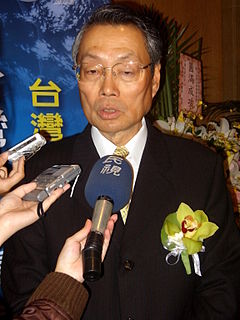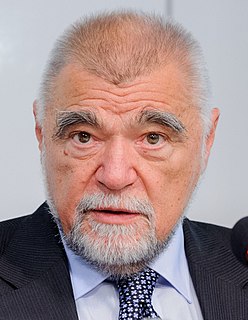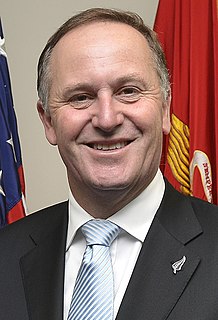A Quote by Stan Shih
When you do business, you have to depend on other countries. This is the global economy.
Quote Topics
Related Quotes
The median family income in the U.S. is lower than it was a quarter-century ago, and if people don't have income, they can't consume, and you can't have a strong economy. There's significant risk - actually it's no longer a risk - a significant likelihood of a marked slowdown not only in China, but also in a lot of other countries like Brazil, which is in recession. All of the other countries that depend on commodities, including Canada, are facing difficulties. So it's hard to see a story of a strong U.S. economy.
If we start thinking simply nationally, and we start having policies that try and restrict the benefits only within our borders, and try and implement protectionist measures as a consequence, this will not have the effect we need to have on the global economy. And that's ultimately the global economy that's pulling most of us down, particularly countries like Canada, that aren't the source of these current economic troubles.
Relations between the United States and other countries, and our role as a global leader, are advanced by our willingness to help other countries in need. Foreign aid is essential to protecting U.S. interests around the world, and it is also a moral responsibility of the wealthiest, most powerful nation.































